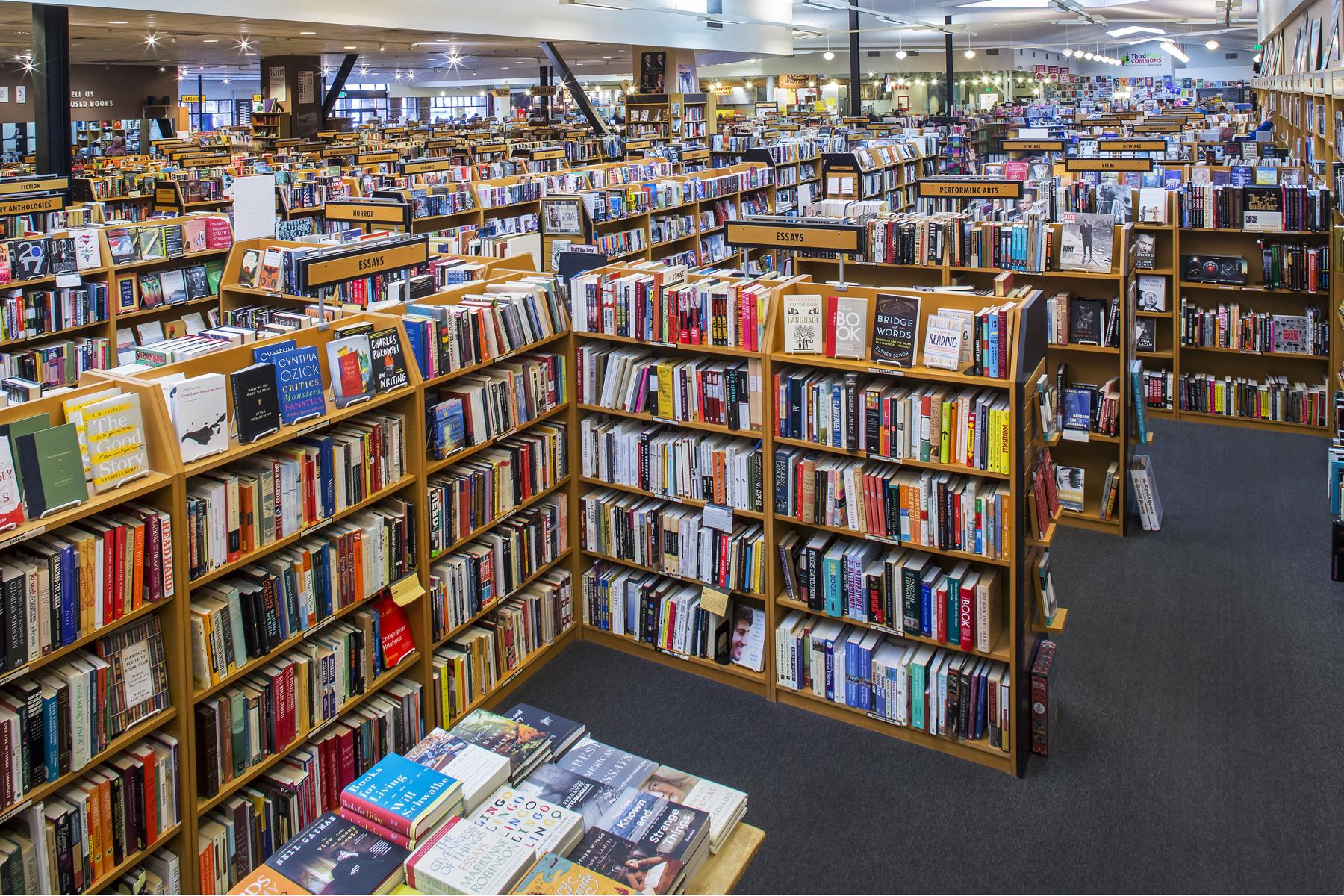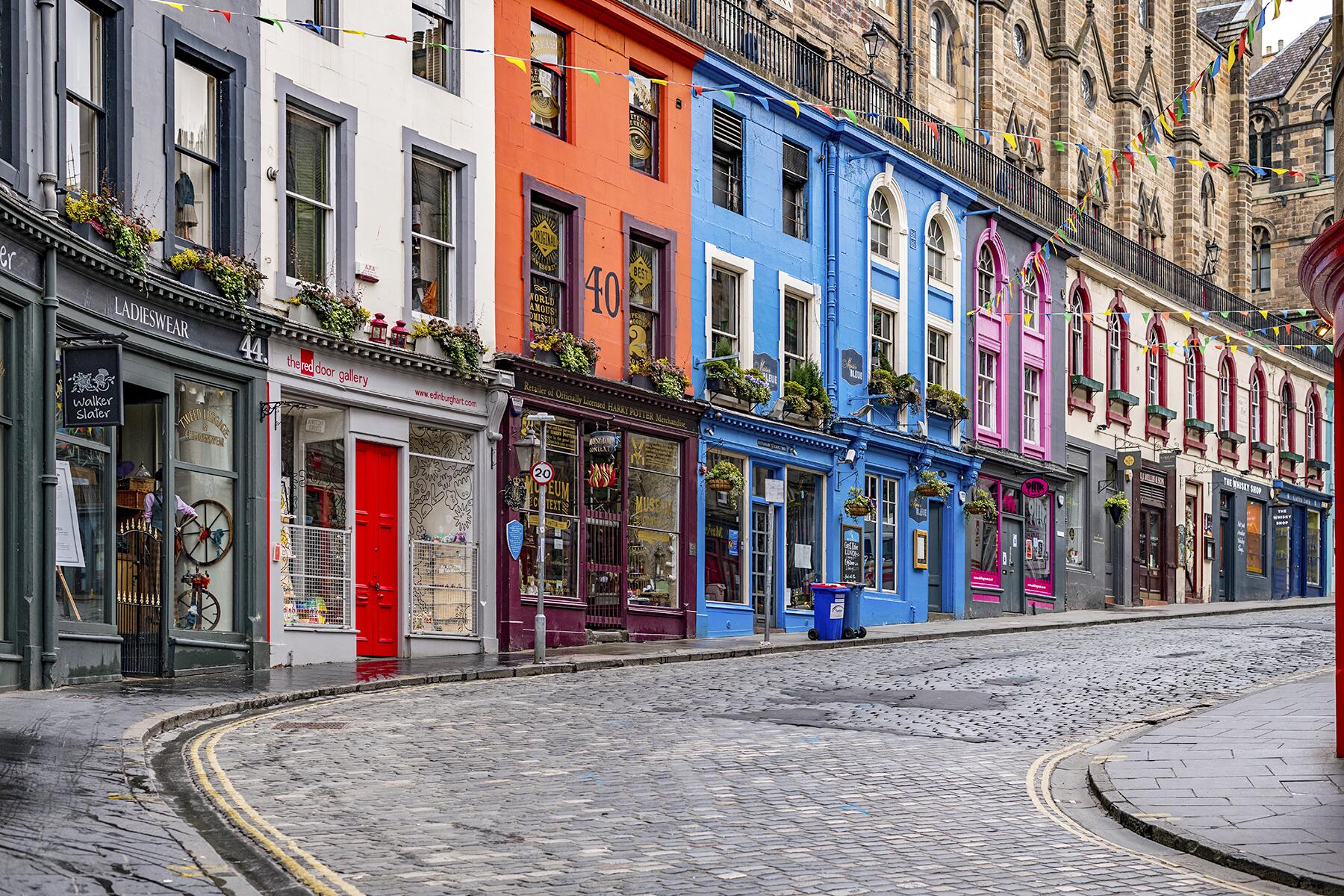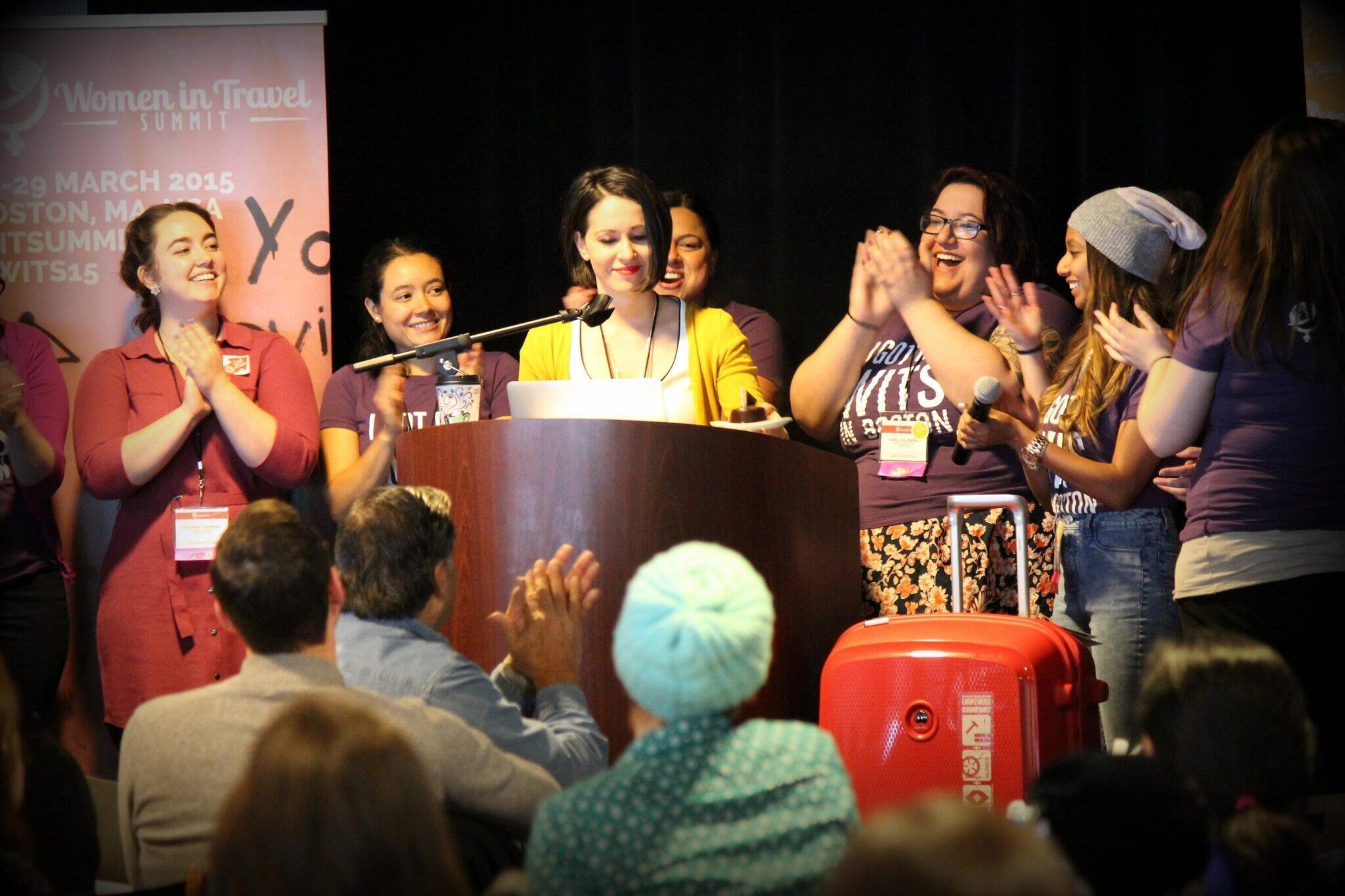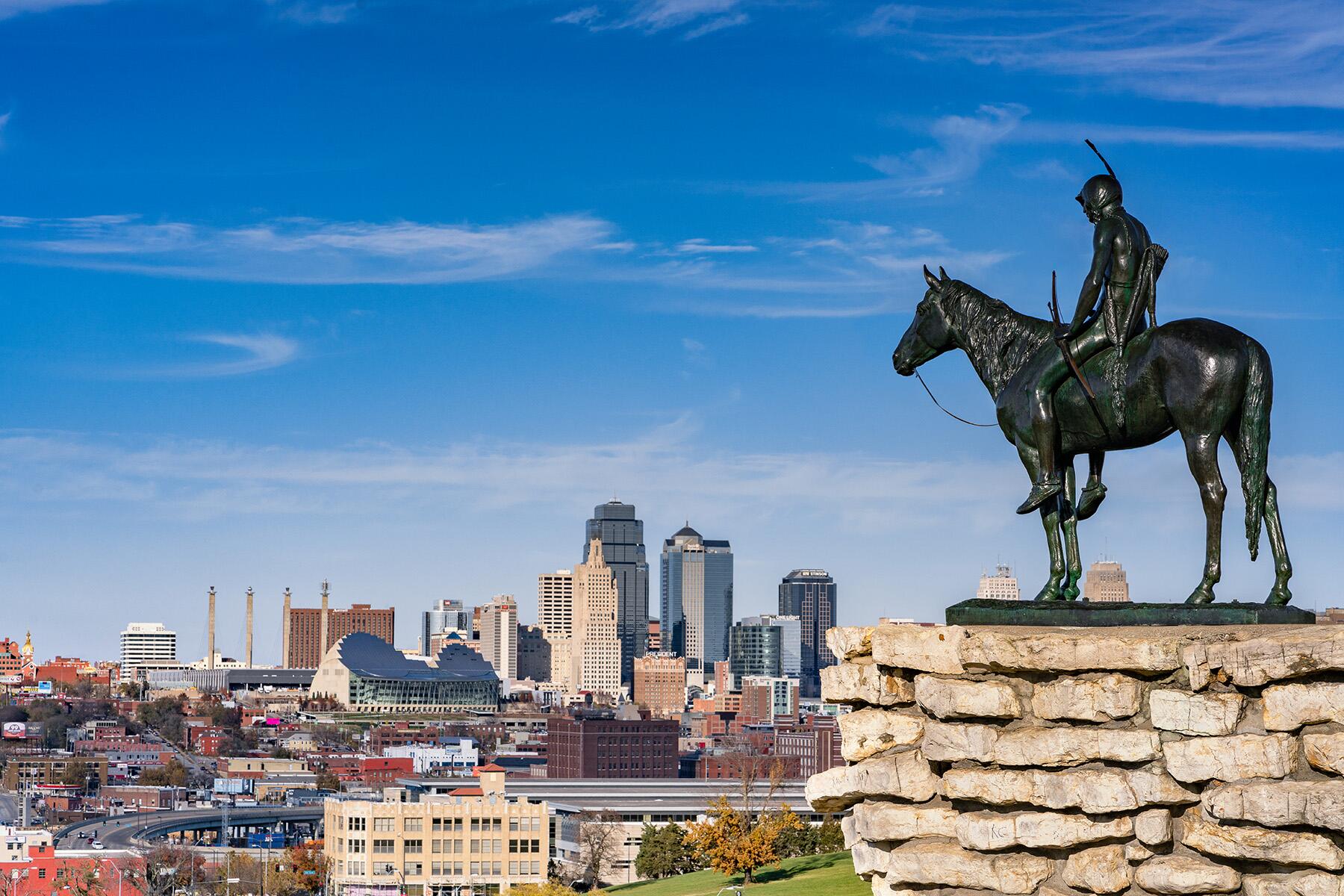- ⁄
- Travel News
- ⁄
- Books •
- Shopping
This fall, let's get thoughtful.
The temperature is starting to cool. The leaves are turning orange. The fall foliage is delighting road trippers. With summer in the rearview mirror, beach reads are alphabetized on the bookshelf and the back-to-school season is prompting a shift to thoughtful books: autobiographies, contemporary issues, mental health.
I have picked up these books to help readers start conversations, with others and within ourselves. Take them with you on the bus or subway; keep them close in the coffee shop you like to visit on the weekends; travel with them on your next holiday and I promise you, you’ll start looking at the world differently.
Top Picks for You
Educated
Author Tara Westover, in her memoir, takes you to rural Idaho. She comes from a Mormon survivalist family and grows up with six siblings. Her father believes that doomsday is coming and his conspiracy theories limit Tara’s life. She, like her siblings, doesn’t receive an education—they all work in their father’s junkyard. But as she grows older, her world changes. She learns. She goes to college. She finds her own views, separate from her dad’s. In the process, she finds herself and breaks her shackles.
From first stepping into a classroom at 17 years old, to studying at Harvard and Cambridge and getting her Ph.D., Westover’s journey is a zig-zag. There are moments that squeeze your heart (the abuse, like when when she’s in pain because her father doesn’t trust doctors or hospitals) and there are moments that fill it with joy (all the people who believe in her; when she starts flourishing)—Educated is a remarkable story of a woman who fought against all odds to be more than her upbringing.
Superior: The Return of Race Science
How did race come into being? Did the world really change after the defeat of the Nazis in World War II? What happened to eugenics and scientists who pursued racial science? Writer Angela Saini talks to scientists, researchers, and scholars to reiterate that “race science” hasn’t, in fact, been obliterated like we’d like to believe.
Saini takes us back to the 1800s when exploitative “human zoos” existed. She writes about the attempt by UNESCO in 1950 to dismantle and condemn race science. And she writes about belligerent scientists who couldn’t move away from their life’s work, and those who did but without much effect—the construct of race is “still used to explain differing rates of disease, to explain poverty or test scores, or to justify cultural assumptions.” And most importantly, she drives it home by explaining how power drives racism. An essential read in 2021.
Recommended Fodor’s Video
Think Again: The Power of Knowing What You Don’t Know
I know of Adam Grant from Option B, a book he co-authored with Sheryl Sandberg on grief and resilience. In Think Again, the organizational psychologist at Wharton makes an argument for unlearning and relearning. He teaches how to argue better—not to discredit someone or bully them into thinking like you. He asks readers to understand their own limitations—you can’t know everything; it’s impossible. He encourages us to accept when we’re wrong and reevaluate our life regularly, so we’re not blinded by our own beliefs.
Abandoning what we previously thought of as gospel truth is not failure. Having intellectual arguments is not counter-productive. Criticism is not bad. He uses data and real-life stories to make his arguments. The most hard-hitting anecdote (for me) was the vaccine whisperer, who without any judgments or coercion, helped a mother get her kids vaccinated.
Somebody’s Daughter
Writer and podcaster Ashley C. Ford’s memoir is a coming-of-age story. She writes about a Black girl growing up in Indiana with a difficult relationship with her mother. She idolizes her father, who is in prison and she doesn’t know why, and she dreams of his freedom. Her story delves into her relationships with others, but also herself and her body, touching on her Black family and community, growing up with unwanted attention from men, poverty and her hardworking mother, sexual assault, and learning about her father’s crimes. The book is heartbreakingly honest, filled with moments of confusion and pain, but also love.
Annihilation of Caste: The Annotated Critical Edition
Dr. B.R. Ambedkar was an Indian politician and economist and considered an architect of the Indian constitution. In 1936, he was invited to give a speech by an anti-caste reformist group in Lahore. Dr. Ambedkar wrote the speech, Annihilation of Caste, before the event and sent it for printing and distribution, but the speech was found objectionable. The conference was canceled, so he decided to self-publish it.
This edition has an essay by writer Arundhati Roy, who helps understand who Dr. Ambedkar was, why he is an important figure in India, and how he was linked with Mahatma Gandhi. Gandhi, a revered leader in India, publicly replied to this speech and that’s also included in the version. Dr. Ambedkar, a Dalit (Untouchable), criticized Hinduism and the caste system while Gandhi defended it. But is it still relevant in 2021? Absolutely!
Some books make you uncomfortable—this is one of them. It’s an important read if you want to understand the hierarchy of castes in India that leads to discrimination, suppression, and brutality. It’s also recommended because caste has also become an issue globally and needs to be recognized around the world.
The Choice: Embrace the Possible
It’s impossible not to feel something for a 16-year-old girl who was sent to Auschwitz, whose parents were killed in the camp, who was made to dance for the Nazis for her survival. Dr. Edith Eva Eger suffered deep trauma and grappled with survivor’s guilt, and in this book, she writes about those atrocities. But she also talks about her healing, her life as a trauma therapist, and her patients who are also in pain. There’s no hierarchy of suffering, so any comparison is pointless.
It’s a book about resilience, hope, strength, self-discovery, and the choice that life gives us.
Maybe You Should Talk To Someone
Lori Gottlieb is a therapist in Los Angeles who’s got a variety of clients: a snobbish Hollywood producer, a young woman who’s dying, an old woman who has decided life isn’t worth it anymore. She writes about her conversations with each in this funny and heartfelt book. But what prompts this reflection? When her own personal crisis sends her to another therapist’s office.
Humans are complex and emotions can be difficult to identify, understand, and process. Through her book, Gottlieb narrates many stories of different people in different situations and helps them find solutions to improve their emotional health. It offers an insight into what therapy entails and how talking to a professional can help—Gottlieb herself experiences this in the book. I liked getting to know Gottlieb: the therapist who took a long, winding path to get where she is now and the woman who struggles with the same questions as her clients.
You can also listen to her podcast Dear Therapist if this book makes a mark.
Am I There Yet?
This beautifully illustrated book by Mari Andrew is an account of the author’s own experiences of dating, heartbreak, moving into a new city, and finding her purpose. It’s a tortuous journey to adulthood that everyone will relate to, and her sweet illustrations and personal essays will help. This is a book you’ll want to sit with on a Sunday afternoon when you’re feeling confused about life and you’ll realize that you’re not alone.
Ikigai: The Japanese Secret to a Long and Happy Life
The name describes it well. Ikigai is a Japanese concept of having a purpose in life, a reason to get out of bed each morning. Authors Héctor García and Francesc Miralles investigate why people in a Japanese village live a long life: what do they eat, what do they do, and what’s their purpose in life. They spend time with these men and women who have lived for more than a hundred years and share their secrets.
Ikigai describes how small joys in life make us happy. In the book, we meet a son trying to perfect a dish; an artist drawing by hand; an elevator operator who repeats her tasks with a smile on her face. It’s their ikigai, what’s yours?




